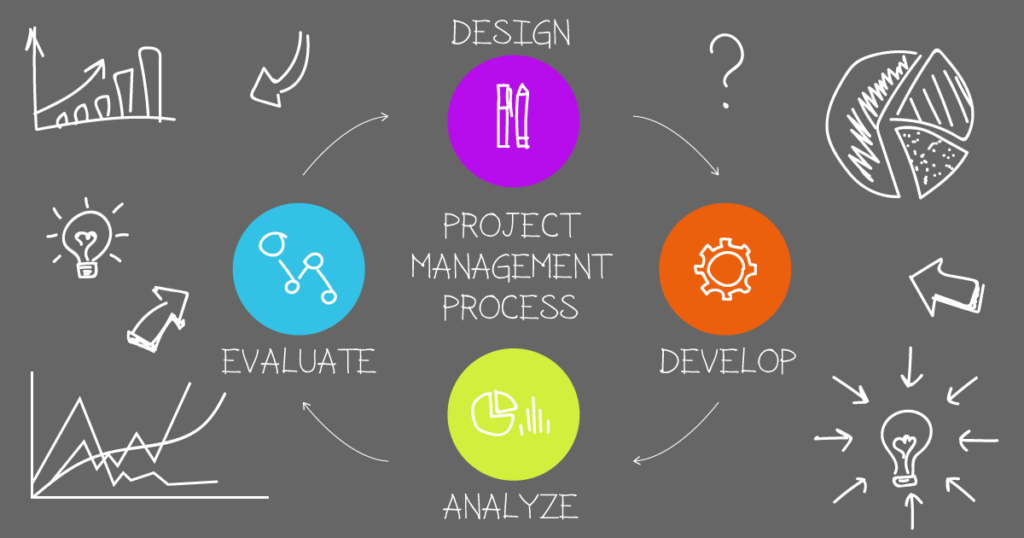Project management is much more complicated than what you might initially think. It involves a lot of controlling, securing, managing and planning of resources in order to achieve some specific goals. Project requirements can only be met based on skills, techniques, tools and knowledge. Project management courses aim to impart such relevant skills and knowledge. They enable candidates to make sure that a project is successfully executed based on a proposed budget and deadline.
According to German Trujillo Manrique, project management courses are very important since they increase the possibility of getting a job that is high-paying in a shorter period of time in this industry. Even those that already have a job can benefit since the courses can lead to pay increases. During a course, you will be taught many important project management courses, like those mentioned below.
Decision Making
The first phase of any project is initiation. This is where you analyze project scope in order to see if it is worth the efforts you need to go through. Initiation involves strategy formulation with the purpose of achieving end goals. You basically address 2 really important questions:
- What will be done.
- How operations will be performed in order to meet objectives.
Effectual decision making is essential during initiation.
Project Scheduling
After a project is decided to be executed, the following step is digging into the details of the project. Scheduling involves different actions like task defining, budget calculating, required resource-identifying, testing criteria defining and execution timeframe devising. Well-planned schedules can easily facilitate the work of the project manager, who needs to manage capital, operations and resources in an efficient way.
Resource Management And Planning
Project resource includes available people, materials, time, knowledge and equipment. Organizations always have limited resources available so project managers have to effectively manage them and plan usage in order for goals to be met for the business. Well-defined plans lead to resource management that is effective. Project managers have to be ready to deal with adverse situations and draft up a resource plan that is flexible.
Risk Management
Everything that we do in business needs to involve a risk management plan so it should be no surprise to see that project management is the same. Risks occur during project so effective risk management needs to anticipate risks and build plans to tackle them when they appear. In risk management we learn how to identify risk, analyze it, monitor it and control it through effective strategies.
Quality Management
Last but not least, quality management is vital in project management since deliverables need to be as high-quality as possible. If no quality control is in place, deliverables can include defects. This leads to money and time wastage.
Quality management can be defined as a process through which project requirements and standards are created based on the perspective of the customer. Then, you are sure that operations go on based on established standards. A project manager always needs to define acceptance quality, with deliverables having a quality that can be measured.


 Turning Point USA – Why More Young People Are Getting Involved in Politics
Turning Point USA – Why More Young People Are Getting Involved in Politics